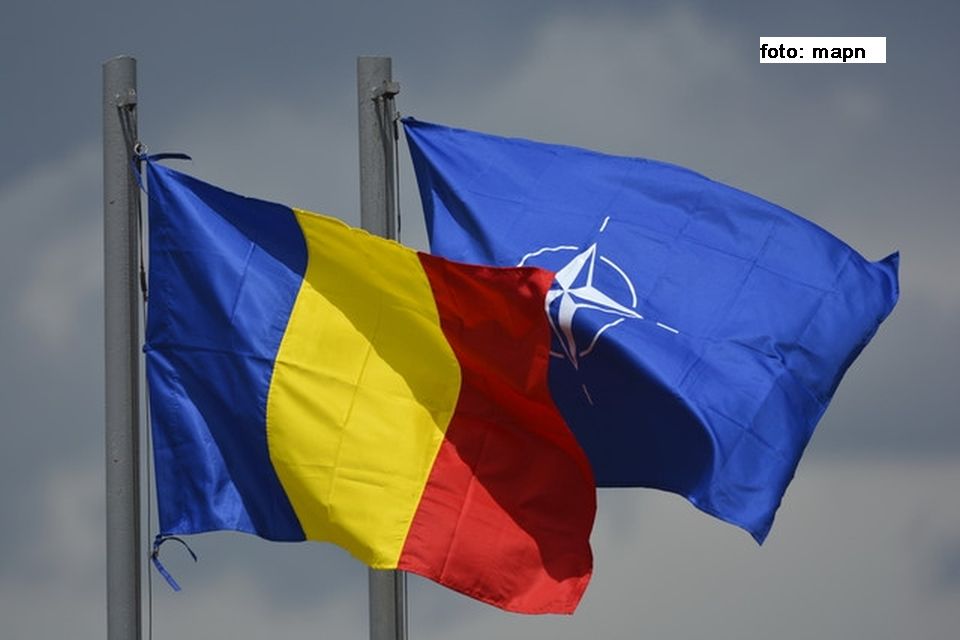Encouraging Economic Prospects
The World Bank has upgraded its estimates regarding Romanias economic growth rate, to 3.9% for this year and 4.1% for 2017.
Warning: Trying to access array offset on null in /home/web/rri.ro/public/wp-content/themes/rri/template-parts/content.php on line 53

Warning: Trying to access array offset on null in /home/web/rri.ro/public/wp-content/themes/rri/template-parts/content.php on line 98
România Internațional,
07.01.2016, 14:03
For Europe and Central Asia, a region that includes Romania, but not the Eurozone, the WB forecasts a 3% growth rate for 2016 and 3.5% for the next two years.
In its latest report on global economic prospects, released on Wednesday, the World Bank raised its forecasts regarding Romania’s economic growth rate from 3.2 to 3.9% for this year and from 3.5 to 4.1% for 2017. The World Bank thus joins the European Commission and the International Monetary Fund, which in late 2015 made public equally optimistic projections, confirming the positive trend of the Romanian economy in the past few years. The EC estimated, in its autumn forecast, an annual 4.1% increase of Romania’s GDP this year and 3.6% in 2017. The IMF makes similar forecasts, namely an estimated 3.9% growth rate this year, while the Government of Romania expects the economy to grow by around 4%.
The World Bank also improved its estimates regarding last year’s economic growth, from 3 to 3.6%. For the Europe and Central Asia region, which includes Romania, but not the Eurozone, the World Bank expects a 3% economic growth rate in 2016 and 3.5% for 2017 and 2018. The Bulgarian economy is expected to go up by 2.2% this year and 2.7% next year, Hungary will see 2.5 and 2.7% growth rates in 2016 and 2017 respectively, and Poland is to expect 3.7 and 3.9% growth rates. The World Bank remains optimistic as concerns Romania’s economic growth rate in 2018 as well, when it projects a 4% rise in the GDP.
On the other hand, the World Bank warns that the region is facing many risks, including a possible deepening of geopolitical tensions, persistent low commodity prices as well as a decline in remittances from developed countries. The international financial institution argues that more rapid growth in the region will depend on supporting a rebound of investment, which is still below the pre-crisis levels.
In many countries, public investments are constrained by limited fiscal space, and private investments are affected by companies still struggling to work off debts. In some EU Member States, like Bulgaria and Romania, investment is supported by the EU structural funds, but the absorption capacity remains a problem.
According to the World Bank, one of the regional factors that might affect Romania and Bulgaria is the slow-down in Turkey’s growth. At global level, according to the report, growth will be affected by the problems of the emerging economies, but the GDP increase should see a modest pick-up, from 2.4% in 2015 to 2.9% this year, thanks to the more substantial growth of the developed economies.
(Translated by Ana Maria Popescu; Edited by Diana Vijeu)






























